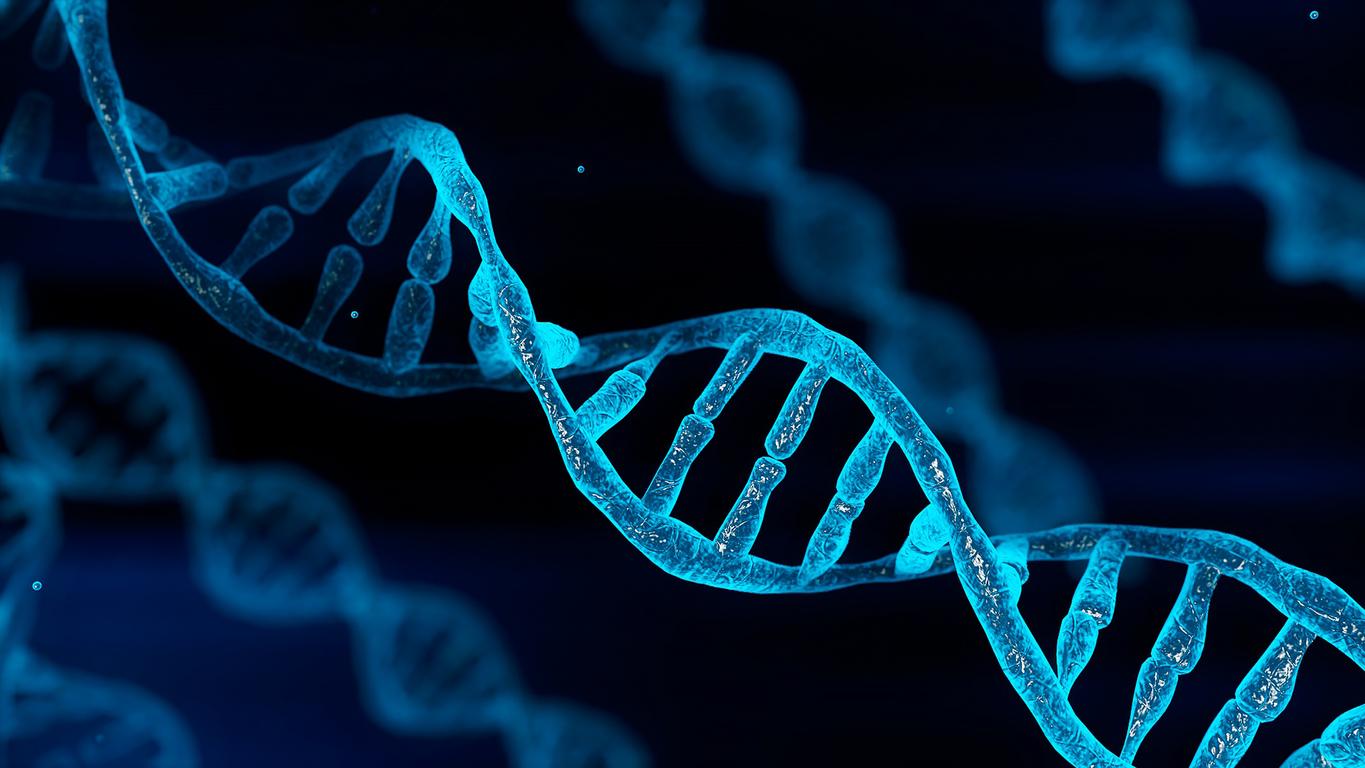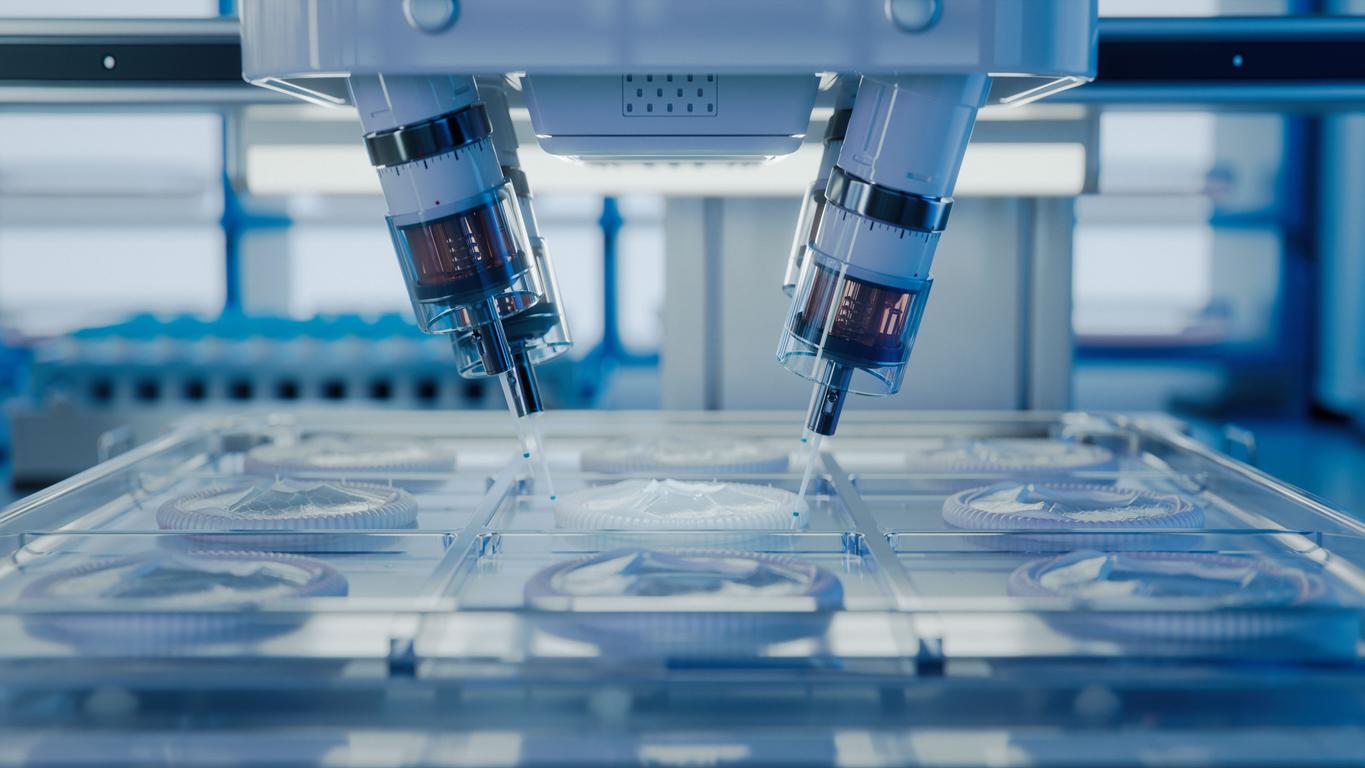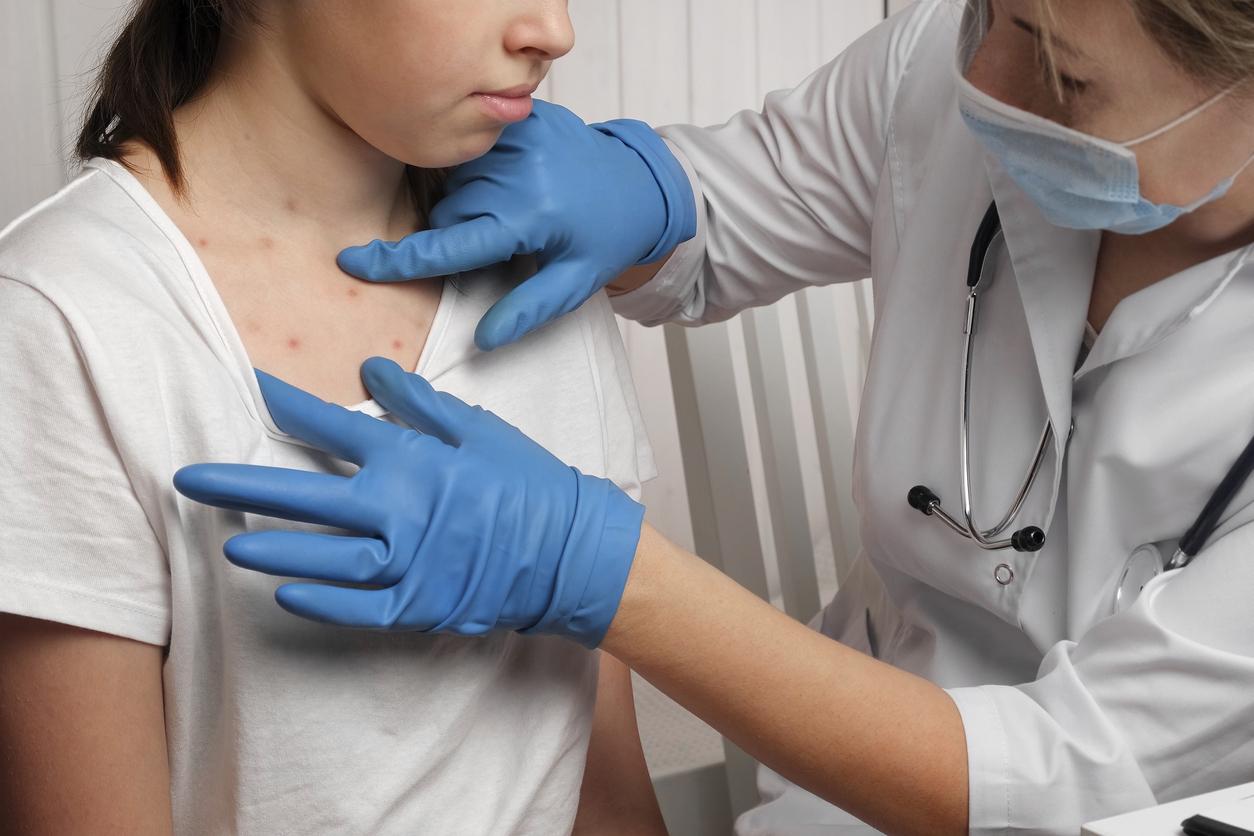A study reveals that genetic analysis prior to drug treatment could significantly reduce patient suffering and healthcare costs, by limiting adverse effects.

- Professor Ingelman-Sundberg believes that there is now sufficiently compelling data to justify the widespread use of this DNA pass.
- According to a study presented on May 18, 2022 to the National Agency for the Safety of Medicines and Health Products (ANSM), the percentage of hospitalizations linked to an adverse drug effect in France fell from 3.6% to 8.5 % in ten years.
This is one more step towards personalized health: researchers have developed the principle of a “DNA passportto tailor drugs to patients’ genes.
The DNA passport makes it possible to provide the right dose of medicine
Because we all carry a unique set of genes, we react differently to the same drugs. Some people break them down faster, which means they need a higher dose to get the desired effect, hence the usefulness of this passport:
“It is basically a credit card sized card with a magnetic stripe containing all the important genetic data about a particular patient.“, explains one of the co-authors of the study published in The Lancet, Magnus Ingelman-Sundberg, Professor of Molecular Toxicology in the Department of Physiology and Pharmacology at Karolinska Institutet (Sweden). “When a patient’s card is scanned, doctors and pharmacists can determine the optimal dose of a drug for that particular person.“
DNA passport: fewer adverse drug reactions
According to the researchers, patients can experience 30% fewer serious adverse reactions if their medications are matched to their genes. To arrive at this proportion, they studied nearly 7,000 patients from seven European countries between March 2017 and June 2020, all of whom were genotyped according to variations in twelve specific genes with importance for metabolism, transport and the effects medication side effects.
All participants then received their medications, either conventionally or with a modification based on genotype. Twelve weeks after starting their treatment, patients were contacted by a specialist nurse to report any adverse effects, such as diarrhoea, pain or loss of taste. “Patients who received genotype-based treatment had, on average, 30% fewer adverse reactions than controls“, says Professor Ingelman-Sundberg.
Matching drugs to genes has several advantages
This discovery could significantly reduce the suffering of patients and the considerable problem of adverse effects. In the European Union, they cause up to 128,000 deaths a year and up to 9% of all hospital admissions, a figure that more than doubles to 20% in people over 70. say the authors of the study.
In addition, the genotyping of patients will allow significant savings for society: “the genotyping itself only needs to be done once per patient, at a maximum cost of 6,000 SEK (526 euros). The widespread introduction of this predictive system could therefore contribute greatly to reducing the costs of public health care.“, assures Professor Ingelman-Sundberg.

















